Distinguished friends
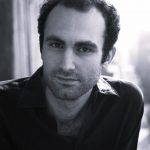 Khalid Abdalla
Khalid Abdalla Maria Adebowale-Schwarte
Maria Adebowale-Schwarte Sukhpal Singh Ahluwalia
Sukhpal Singh Ahluwalia Rajesh Agrawal
Rajesh Agrawal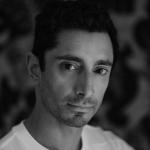 Riz Ahmed
Riz Ahmed Sughra Ahmed
Sughra Ahmed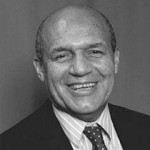 Keith Ajegbo
Keith Ajegbo Claire Alexander
Claire Alexander Kitty Arie
Kitty Arie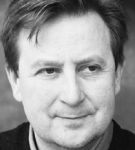 Julian Baggini
Julian Baggini Zelda Baveystock
Zelda Baveystock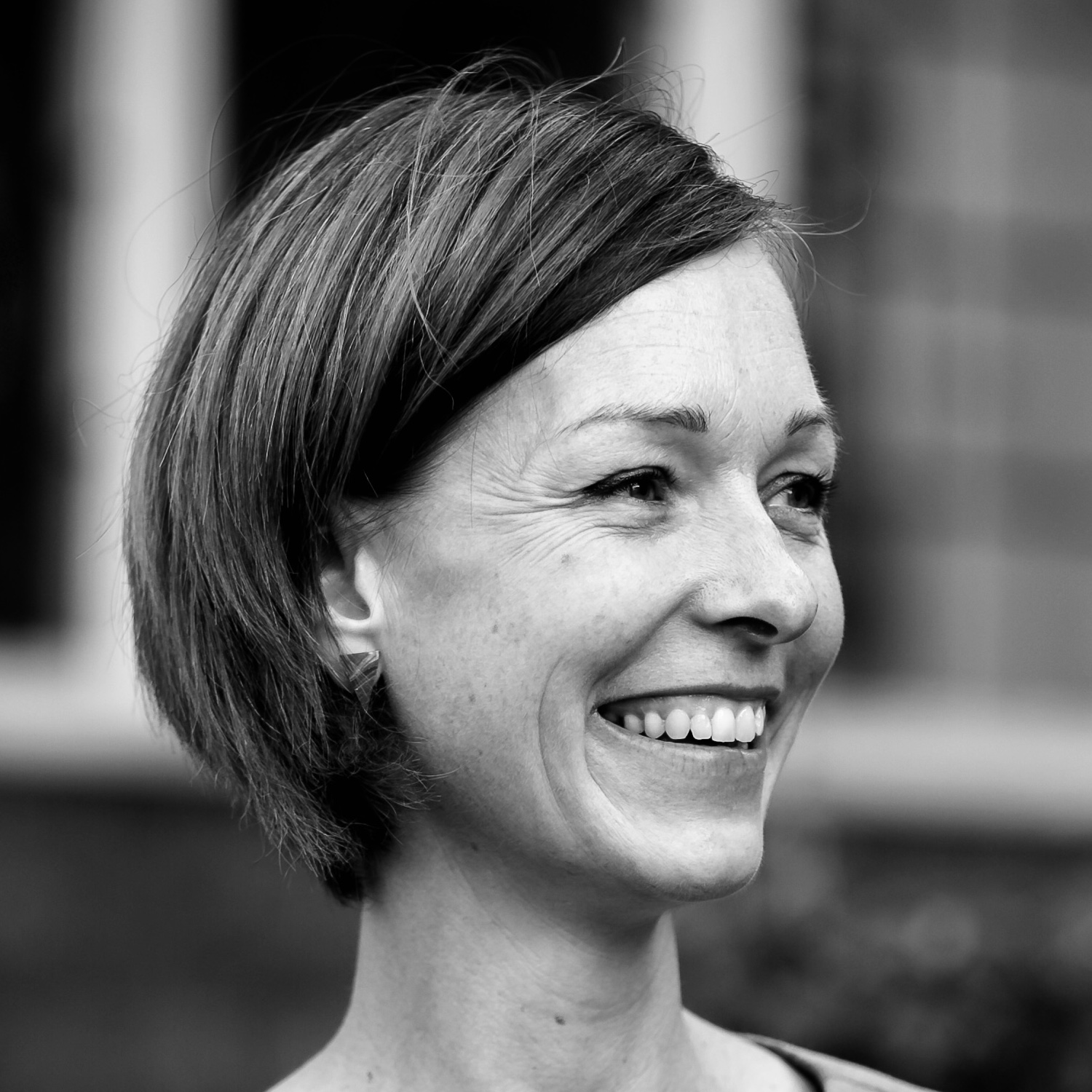 Haidee Bell
Haidee Bell Richard Beswick
Richard Beswick Dinesh Bhugra
Dinesh Bhugra Karan Bilimoria
Karan Bilimoria Geoffrey Bindman
Geoffrey Bindman Karen Blackett
Karen Blackett Nicholas Blake
Nicholas Blake Ian Blatchford
Ian Blatchford David Blunkett
David Blunkett Hina Bokhari
Hina Bokhari Mihir Bose
Mihir Bose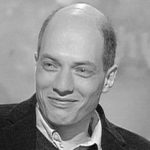 Alain de Botton
Alain de Botton John Bowers
John Bowers Stephen Briganti
Stephen Briganti Des Browne
Des Browne Mukti Jain Campion
Mukti Jain Campion Paul Canoville
Paul Canoville Gus Casely-Hayford
Gus Casely-Hayford Michael Cashman
Michael Cashman Saimo Chahal
Saimo Chahal Reeta Chakrabarti
Reeta Chakrabarti Shami Chakrabarti
Shami Chakrabarti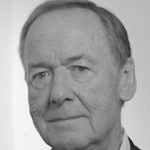 Stephen Claypole
Stephen Claypole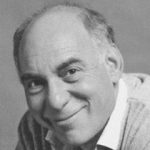 Robin Cohen
Robin Cohen Linda Colley
Linda Colley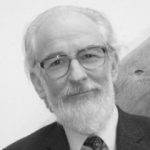 David Crystal
David Crystal Angélica Dass
Angélica Dass Prakash Daswani
Prakash Daswani Sandie Dawe
Sandie Dawe Navnit Dholakia
Navnit Dholakia Sherry Dobbin
Sherry Dobbin Ibrahim Dogus
Ibrahim Dogus Lloyd Dorfman
Lloyd Dorfman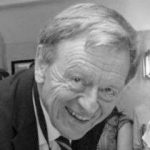 Alf Dubs
Alf Dubs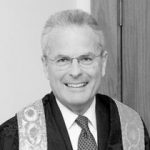 John Dyson
John Dyson Damien Egan
Damien Egan Graeme Farrow
Graeme Farrow Daniel Franklin
Daniel Franklin Edie Friedman
Edie Friedman Jitesh Gadhia
Jitesh Gadhia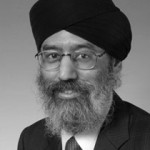 Manjit Singh Gill
Manjit Singh Gill Teresa Graham
Teresa Graham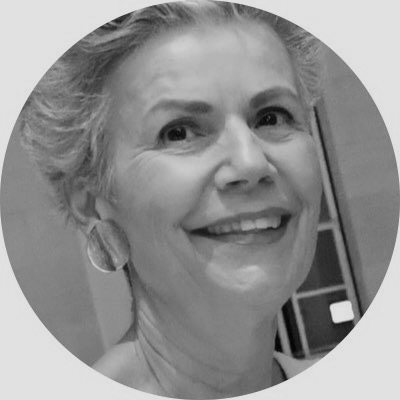 Ann Grant
Ann Grant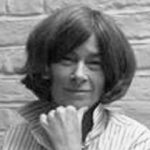 Susie Harries
Susie Harries Naomie Harris
Naomie Harris James Hathaway
James Hathaway David Hencke
David Hencke Sophie Herxheimer
Sophie Herxheimer Afua Hirsch
Afua Hirsch Michael Howard
Michael Howard Clive Jacobs
Clive Jacobs Kevin Jennings
Kevin Jennings Adrian Johns
Adrian Johns Shobu Kapoor
Shobu Kapoor Malik Karim
Malik Karim Jackie Kay
Jackie Kay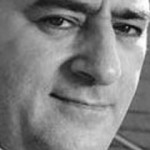 Ayub Khan-Din
Ayub Khan-Din Francesca Klug
Francesca Klug Tony Kushner
Tony Kushner Kwasi Kwarteng
Kwasi Kwarteng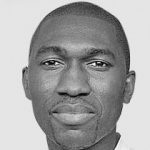 Kwame Kwei-Armah
Kwame Kwei-Armah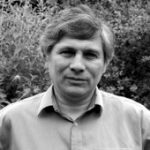 David Kynaston
David Kynaston Brian Lambkin
Brian Lambkin Mark Lewisohn
Mark Lewisohn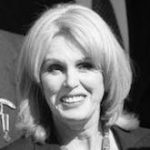 Joanna Lumley
Joanna Lumley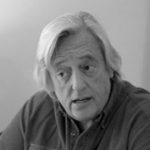 Michael Mansfield
Michael Mansfield Sue McAlpine
Sue McAlpine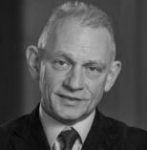 Neil Mendoza
Neil Mendoza Nick Merriman
Nick Merriman Munira Mirza
Munira Mirza Abigail Morris
Abigail Morris Hugh Muir
Hugh Muir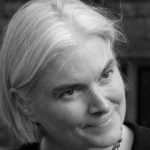 Tessa Murdoch
Tessa Murdoch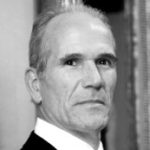 Sandy Nairne
Sandy Nairne Bushra Nasir
Bushra Nasir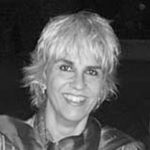 Susheila Nasta
Susheila Nasta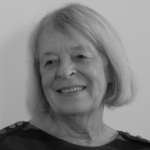 Eithne Nightingale
Eithne Nightingale John O’Farrell
John O’Farrell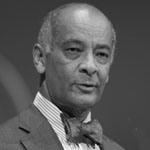 Kenneth Olisa
Kenneth Olisa Kunle Olulode
Kunle Olulode Julia Onslow-Cole
Julia Onslow-Cole John Orna-Ornstein
John Orna-Ornstein Sameer Pabari
Sameer Pabari Ruth Padel
Ruth Padel Panikos Panayi
Panikos Panayi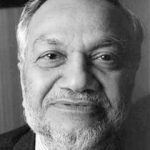 Bhikhu Parekh
Bhikhu Parekh Nikesh Patel
Nikesh Patel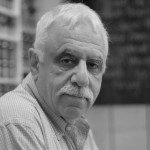 David Pearl
David Pearl Caryl Phillips
Caryl Phillips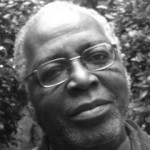 Mike Phillips
Mike Phillips Trevor Phillips
Trevor Phillips Sunand Prasad
Sunand Prasad Kavita Puri
Kavita Puri Charles Rix
Charles Rix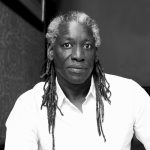 Trevor Robinson
Trevor Robinson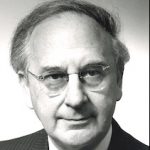 Aubrey Rose
Aubrey Rose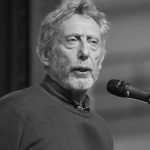 Michael Rosen
Michael Rosen Cathy Ross
Cathy Ross Salman Rushdie
Salman Rushdie Jill Rutter
Jill Rutter Philippe Sands
Philippe Sands Sathnam Sanghera
Sathnam Sanghera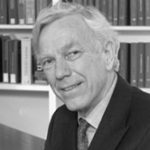 Konrad Schiemann
Konrad Schiemann Richard Scott
Richard Scott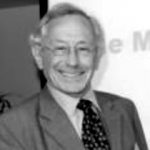 Stephen Sedley
Stephen Sedley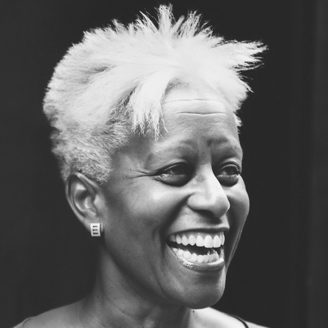 Maggie Semple
Maggie Semple Babita Sharma
Babita Sharma Nikesh Shukla
Nikesh Shukla Jon Snow
Jon Snow Sonia Solicari
Sonia Solicari Robert Soning
Robert Soning David Spence
David Spence Danny Sriskandarajah
Danny Sriskandarajah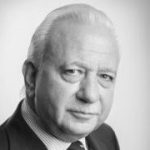 Stelio Stefanou
Stelio Stefanou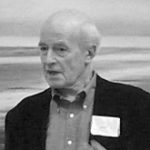 Dick Taverne
Dick Taverne Jane Thompson
Jane Thompson Robert Tombs
Robert Tombs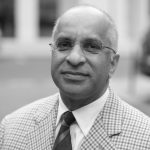 Rumi Verjee
Rumi Verjee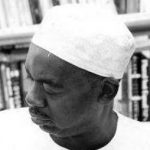 Patrick Vernon
Patrick Vernon Edmund de Waal
Edmund de Waal Iqbal Wahhab
Iqbal Wahhab Yasmin Waljee
Yasmin Waljee David Warren
David Warren Iain Watson
Iain Watson Debbie Weekes-Bernard
Debbie Weekes-Bernard Henning Wehn
Henning Wehn Nat Wei
Nat Wei Janet Whitaker
Janet Whitaker Gary Younge
Gary Younge
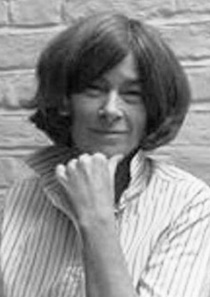
Writing the biography of Nikolaus Pevsner made me acutely aware of the importance of understanding what England has gained from being open to migration – of all kinds. Pevsner explicitly denied that he was a refugee: he was coming to a country, aiming to contribute to it, not just running from another one. He became a pillar of the English art establishment without ever losing his German identity, and it is this combination/contradiction which makes him interesting. A museum which airs all the issues around migration can only help to improve the prospects for successful, productive immigration in the future.
Susie Harries
Susie Harries was born in 1951 in London, where she now lives with her husband Meirion and two sons. She read classics and classical philosophy at Newnham College, Cambridge and St Anne’s College, Oxford, before working variously for a publisher, a concert agency, the Hong Kong Independent Commission Against Corruption, and the Royal Society for the encouragement of Arts, Manufactures and Commerce (RSA), where she produced the RSA report Drugs – Facing Facts (2007). She is an Associate, and has been an Associate Fellow, of Newnham.
Susie has co-authored seven books with her husband, concentrating on 20th-century arts – The Academy of St Martin in the Fields (1981), The War Artists (1983), Opera Today (1984) and A Pilgrim Soul: A Life of Elisabeth Lutyens (1989) – and military history: Sheathing the Sword: The Demilitarisation of Japan 1945–53 (1986), Soldiers of the Sun: The Imperial Japanese Army 1868–1945 (1991) and The Last Days of Innocence: America and the First World War (1996). She has also written for the Independent and reviewed books on the arts for the Times Literary Supplement.
Nikolaus Pevsner: Bringer of Riches (2011) is the definitive biography of Pevsner, based on exclusive access to his diaries and personal correspondence, as well as the professional archive and the working papers for his colossal series, The Buildings of England. It won a Wolfson History Prize in 2012 and was short-listed for the Duff Cooper and James Tait Black Prizes. For more on the book, see the website at http://www.pevsner.info and blog at http://susieharries.wordpress.com.

